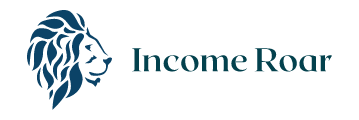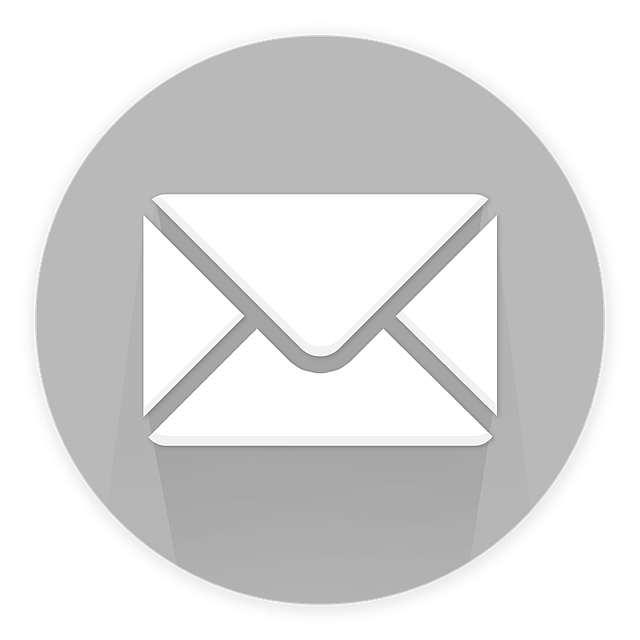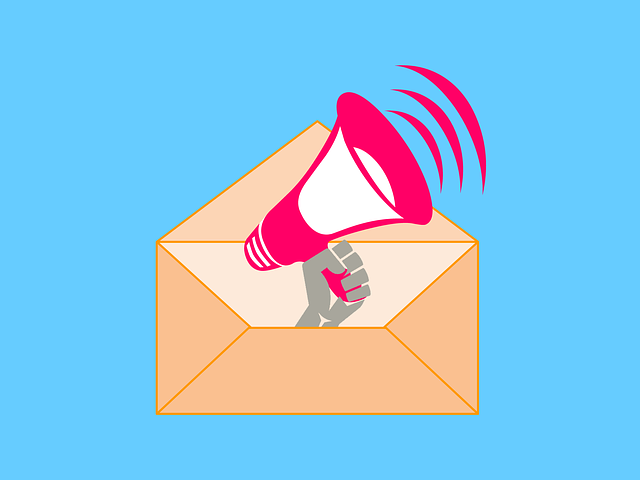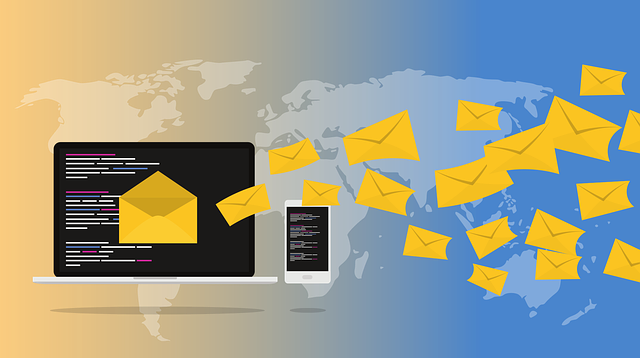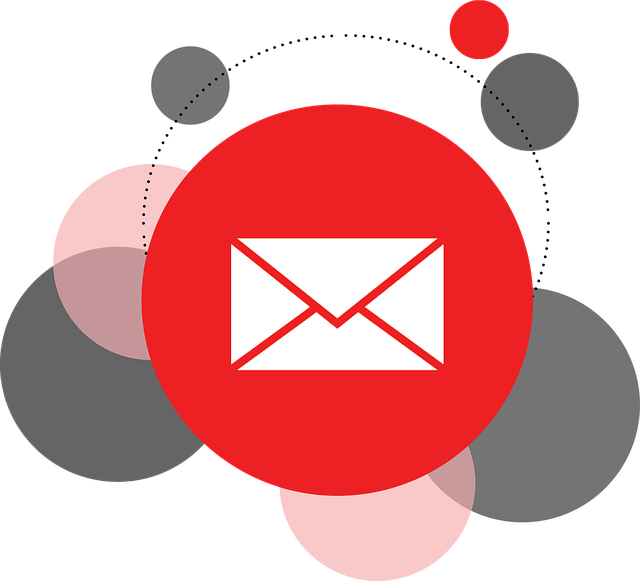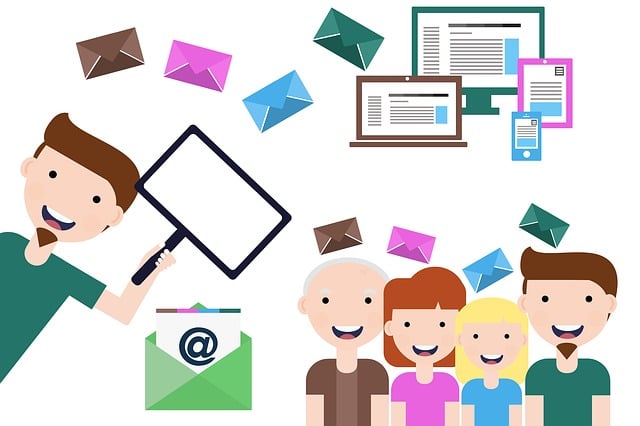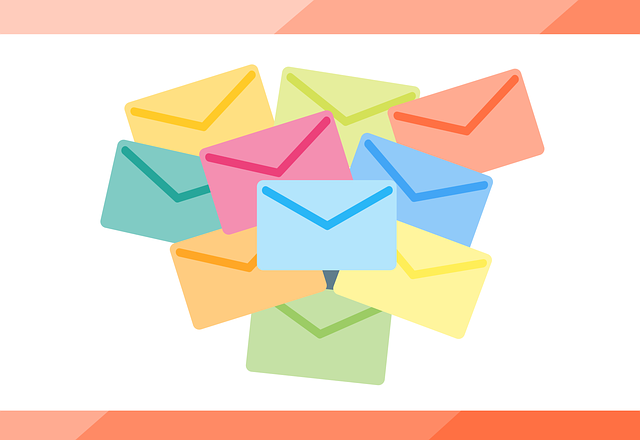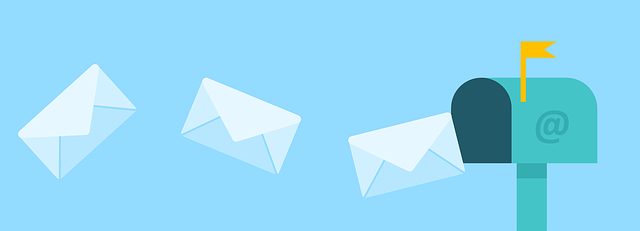Are you ready to take your travel and hospitality business to new heights? Well, get ready to soar because email marketing is about to become your secret weapon.
Picture this: an incredibly cost-effective strategy that engages customers, builds loyalty, and drives conversions. Sounds too good to be true? Think again. Email marketing has revolutionized the way businesses in the travel and hospitality industry communicate with their audience.
With personalized messaging and targeted offers, you have the power to captivate your customers and keep them coming back for more. And the best part? The potential for higher conversion rates and return on investment (ROI) is simply off the charts.
But hold on, it’s not all sunshine and rainbows. There are challenges and limitations that come with email marketing. In this article, we’ll explore both the pros and cons so you can make an informed decision about whether email marketing is right for your travel and hospitality business.
Get ready to unlock the true power of email marketing and soar to new heights!
Key Takeaways
- Cost-effective strategy
- Increases customer engagement, loyalty, and satisfaction
- Provides valuable data for tracking and analyzing customer behavior
- Drives revenue and efficient customer acquisition
Increased Customer Engagement and Loyalty
With email marketing, you can boost customer engagement and loyalty by sending personalized travel offers and exclusive discounts that’ll make you feel like a VIP traveler. By tailoring your emails to individual preferences and behaviors, you can increase customer satisfaction and encourage repeat bookings.
According to industry data, personalized emails have a higher open rate and click-through rate compared to generic ones. This means that customers are more likely to engage with your emails and take advantage of the offers you provide.
Moreover, email marketing allows you to track customer interactions and gather valuable data about their preferences and interests. This data can then be used to further personalize future emails and enhance the customer experience.
By focusing on customer retention and satisfaction, email marketing becomes a cost-effective marketing strategy that drives loyalty and ultimately boosts revenue.
Cost-Effective Marketing Strategy
Imagine having a cost-effective marketing strategy that allows you to reach a vast audience, saving you both time and money. Email marketing in the travel and hospitality industry offers just that. Here are four reasons why it’s a great choice for customer acquisition and engagement:
-
Efficient Customer Acquisition: With email marketing, you can easily attract new customers by targeting specific demographics or interests. This helps you expand your reach and increase your chances of converting leads into bookings.
-
Cost Savings: Compared to traditional marketing methods, email marketing is significantly cheaper. You can save on printing and postage costs by delivering promotions and updates directly to your customers’ inbox.
-
Email Automation: Email marketing platforms offer automation features that allow you to send personalized messages at scale. You can set up automated campaigns, such as welcome emails or abandoned cart reminders, to nurture leads and drive conversions.
-
Tracking and Analytics: Email marketing provides valuable insights into customer behavior. You can track open rates, click-through rates, and conversion rates to measure the success of your campaigns and make data-driven decisions.
With a cost-effective email marketing strategy, you can now transition into the subsequent section about personalized communication and targeted messaging.
Personalized Communication and Targeted Messaging
Are you tired of generic and impersonal communication from businesses? In the travel and hospitality industry, personalized communication and targeted messaging are essential for building strong customer relationships and increasing customer retention. By using segmentation strategies, businesses can tailor their email marketing campaigns to specific customer groups, delivering relevant content that resonates with their interests and preferences. This not only enhances the customer experience but also increases the likelihood of engagement and conversion. According to a study conducted by Experian, personalized emails generate six times higher transaction rates than generic ones. By leveraging customer data and implementing effective segmentation techniques, businesses can create highly targeted email campaigns that drive results. This approach allows for improved customer satisfaction, increased brand loyalty, and ultimately, a boost in revenue. Speaking of revenue, email marketing is also an effective promotional tool for special offers and discounts. Transitioning into the next section, let’s explore how email marketing can help businesses drive sales through enticing offers and exclusive discounts.
Effective Promotional Tool for Special Offers and Discounts
Looking for ways to save money on your next trip? Email campaigns can be a powerful tool for businesses to offer exclusive discounts and special promotions, ensuring you get the best deals available.
With email marketing analytics and customer segmentation, businesses in the travel and hospitality industry can target specific customer groups with personalized offers based on their preferences and past behaviors. By analyzing data on customer engagement and purchase history, businesses can identify the most effective promotional strategies and tailor their messages accordingly.
This data-driven approach allows for more efficient use of marketing resources and increases the likelihood of conversions. With the potential for higher conversion rates and return on investment (ROI), email marketing offers a cost-effective way for businesses in the travel and hospitality industry to drive sales and boost customer satisfaction.
Transitioning into the next section, let’s explore the other benefits that email marketing can bring to your business.
Potential for Higher Conversion Rates and Return on Investment (ROI)
Maximize your profits and watch your business soar with the potential for higher conversion rates and an impressive return on investment through email campaigns.
In the travel and hospitality industry, email marketing offers a unique opportunity to attract new customers and increase brand awareness. By strategically targeting your audience, you can tailor your email campaigns to showcase the best of what your business has to offer, whether it’s exclusive deals or personalized recommendations.
Studies have shown that email marketing has higher customer acquisition rates compared to other marketing channels, making it a valuable tool for driving sales. Furthermore, email campaigns allow you to track and analyze customer behavior, enabling you to refine your marketing strategies for even better results.
As you navigate the challenges and limitations of email marketing in this industry, harnessing its potential for higher conversion rates and improved brand awareness remains a key focus.
Challenges and Limitations of Email Marketing in the Travel and Hospitality Industry
Take advantage of the unique challenges and limitations faced by email campaigns in the travel and hospitality sector to strategically refine your customer targeting and tailor your content for maximum impact.
In this industry, data privacy concerns are a significant challenge for email marketers. With the increasing focus on data protection regulations, such as GDPR, customers are becoming more cautious about sharing their personal information. This means that email marketers need to be transparent about how they collect and use data, gaining the trust of their subscribers.
Additionally, email deliverability issues can hinder the success of campaigns. With spam filters becoming more sophisticated, it’s crucial to optimize email content and ensure it reaches the intended recipients’ inboxes. Regularly monitoring email deliverability metrics and implementing best practices can help overcome these challenges and improve the effectiveness of email marketing in the travel and hospitality industry.
Frequently Asked Questions
How can email marketing help in increasing customer engagement and loyalty in the travel and hospitality industry?
Looking to increase customer engagement and loyalty in the travel and hospitality industry? Email marketing can be your secret weapon.
By leveraging the power of email campaigns, you can have a significant impact on customer satisfaction. Studies show that personalized emails have a 29% higher open rate and a 41% higher click-through rate.
Moreover, email marketing plays a crucial role in driving repeat business, with 80% of companies stating it as their primary driver.
So, get ready to captivate and retain your customers with the magic of email marketing.
What are some of the cost-effective strategies that can be implemented in email marketing for the travel and hospitality industry?
To implement cost-effective strategies for email marketing in the travel and hospitality industry, focus on email campaign optimization.
Start by segmenting your audience based on their preferences and behaviors, allowing you to send targeted and personalized emails.
Use enticing subject lines and compelling content to increase open rates and click-through rates.
Optimize your emails for mobile devices to reach a wider audience.
Additionally, regularly analyze data and metrics to identify areas of improvement and refine your email marketing strategy for better ROI.
How can personalized communication and targeted messaging benefit the travel and hospitality industry through email marketing?
Personalized communication and targeted messaging have significant benefits for the travel and hospitality industry through email marketing. By tailoring messages to individual preferences and interests, you can enhance customer engagement and loyalty.
Personalized emails have been found to generate six times higher transaction rates than generic ones. Moreover, targeted messaging allows you to reach specific customer segments with relevant offers and promotions, increasing the likelihood of conversion.
These strategies can significantly impact the industry’s bottom line by driving sales and fostering long-term customer relationships.
What are some effective ways to use email marketing as a promotional tool for special offers and discounts in the travel and hospitality industry?
To maximize the effectiveness of email marketing as a promotional tool for special offers and discounts in the travel and hospitality industry, it’s important to focus on two key areas: increasing customer acquisition and retaining existing customers. By offering exclusive deals and personalized recommendations, you can attract new customers and keep them coming back.
According to industry data, targeted email campaigns have been shown to increase customer acquisition by 23% and improve customer retention by 15%. This data-driven approach ensures that your email marketing efforts deliver measurable results.
Can you provide examples of how email marketing has led to higher conversion rates and return on investment (ROI) for businesses in the travel and hospitality industry?
Email marketing case studies in the travel and hospitality industry have shown impressive results in terms of conversion rates and return on investment (ROI).
For example, a hotel chain saw a 20% increase in bookings after implementing a targeted email campaign offering exclusive discounts to their subscribers.
Another case study revealed that a travel agency achieved a 25% higher ROI by personalizing their emails based on customer preferences.
These examples highlight the effectiveness of email marketing in driving conversions and maximizing ROI in the travel and hospitality industry.
Conclusion
In conclusion, email marketing offers numerous advantages for the travel and hospitality industry. It allows for increased customer engagement and loyalty, while being a cost-effective marketing strategy.
Through personalized communication and targeted messaging, businesses can effectively promote special offers and discounts, ultimately leading to higher conversion rates and return on investment. However, it is important to acknowledge the challenges and limitations that come with email marketing in this industry.
To navigate these hurdles successfully, staying up to date with industry trends and continuously optimizing email campaigns is crucial. As the saying goes, "In email marketing, the sky’s the limit!"
